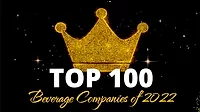Top 100 Beverage Companies of 2020
Suppliers developing equipment to alleviate consumer concerns with to-go beverages
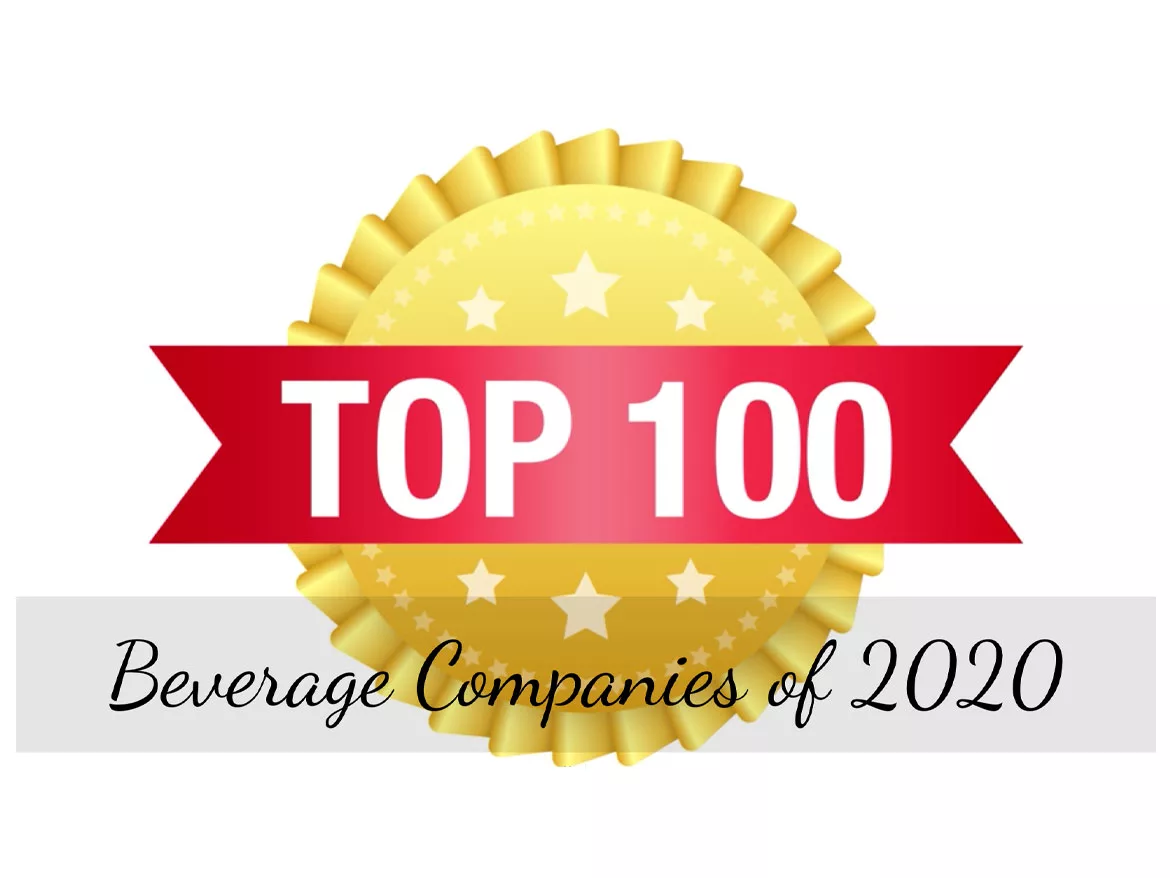
The companies on Beverage Industry’s Top 100 Beverage Companies of 2020 all are dedicated to giving consumers the best experience possible, whether it be through new product development or eye-catching packaging. The editor’s invite you to take a closer look at the top global beverage brands, top cap ex spenders, top social media brands and much more.
As the beverage market grappled with the effects of the pandemic, the total U.S. beverage remained resilient. According to data from New York-based Beverage Marketing Corporation (BMC), the market posted a 0.1% volume growth in 2020. Although likely tied to implications of the pandemic, this follows three previous years (2017-2019) of modest growth for the beverage market.
2020 also saw bottled water continue it volume edge over its counterparts as the category posted a 4.2% volume increase, according to BMC data. For the 16th consecutive year, carbonated soft drinks recorded declining volume ― down 4.7 percent. In terms of growth, the beverage market continues to see strong performances across other traditional liquid refreshment categories. For instance, value-added waters experienced volume increases of 5.7%, while ready-to-drink (RTD) coffee posted volume growth of 17.3%, based on BMC data.
The beverage alcohol market faced significant hurdles as the pandemic seemingly halted on-premise performance in the past 15 months; however, with the shutdown, the market saw American consumers shift to off-premise consumption. Although beer and wine experienced soft volume performance ― beer down 0.1% and wine up 1.8% ― the spirits category led alcohol growth with a 4% increase.
Taking all of these factors into account, Beverage Industry’s Top 100 Beverage Companies report, based on 2020 fiscal year sales, reflects the ebbs and flows that different factions of alcohol and non-alcohol beverage market experienced in less than normal times.
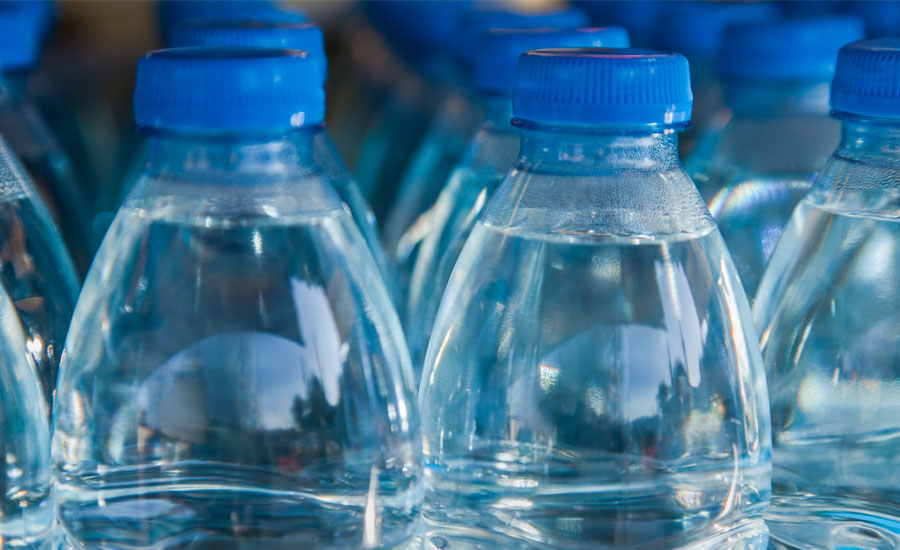
Significant Events (1-35)
- “In an extremely challenging year, our teams rose to the occasion. We finished the year with momentum in our key markets by leveraging our fundamental strengths as a company and capturing the benefits of investments we have been making for several years in our portfolio and rapidly growing platforms, such as BEES and Zé Delivery,” stated CEO Carlos Brito in in Anheuser-Busch InBev’s (AB InBev) Annual Report. “We are now more closely connected than ever to the 6 million-plus customers and 2 billion-plus consumers we serve worldwide through our clear commercial strategy, our revamped innovation process, digital platforms and our ongoing operational excellence.” In May 2021, the company announced that its Board of Directors had unanimously elected Michel Doukeris, president of AB InBev’s North America Zone, to succeed Carlos Brito as CEO, effective July 1, 2021. Brito will step down after 15 years as CEO and 32 years at the company. Additionally, on Sept. 30, 2020, AB InBev completed the acquisition of the remaining 68.8% shares of Craft Brew Alliance, obtaining 100% control over the company.
- In 2021, Nestlé SA completed the sales its North American water portfolio to One Rock and Metropoulos. The company maintained its Premium Waters portfolio, which consists of Perrier, S.Pellegrino, San Pellegrino and Acqua Panna. In March 2021, the water company acquired Essentia Water. "With the addition of Essentia, we continue to transform and best position our water business for long-term profitable growth here in the U.S. and globally," said Steve Presley, chairman and CEO of Nestlé USA, in a statement. "We are excited to welcome the Essentia team to the Nestlé family as we expand our premium water portfolio. Essentia gives us an immediate strong presence in the high-growth, functional water segment and supports our efforts to capture opportunities with emerging consumer trends such as healthy hydration."
- In 2020, The Coca-Cola Co. announced plans to reorganize the company and establish a portfolio of drinks that would be best positioned to grow in a fast-changing marketplace. As part of this new, networked global organization, the company reduced the number of master brands to approximately 200. As such, The Coca-Cola Co.’s beverage lineup has been reorganized into five categories: Coca-Cola; Sparkling Flavors; Nutrition, Juice, Dairy & Plant; Hydration, Sports, Tea & Coffee; Emerging. “Our goal is to converge on disruptive innovations that are going to move the needle — not just in the marketplace, but at a scale that’s relevant to The Coca-Cola Company,” said James Quincey, chairman and CEO of The Coca-Cola Co., in a statement in its Annual Review. The company launched AHA sparkling water in 2020, which is carving out an 8% share in the North America sparkling water segment, the company reports.
- In 2020, PepsiCo Beverages North America, a division of PepsiCo, acquired Rockstar Energy Beverages for $3.85 billion. The company had a distribution agreement prior to the acquisition.
- In 2020, Molson Coors Beverage Co. entered into an exclusive agreement with The Coca-Cola Co. to manufacture, market and distribute Topo Chico Hard Seltzer in the United States, taking another big step in its plan to aggressively grow the company’s above premium portfolio and become a major competitor in the fast-growing hard seltzer segment. This follows the company’s partnership with L.A. Libations to roll out a new slate of products beyond the beer aisle. The first to hit the shelves was HUZZAH, a full-flavored seltzer with added probiotics to help support a healthy gut.
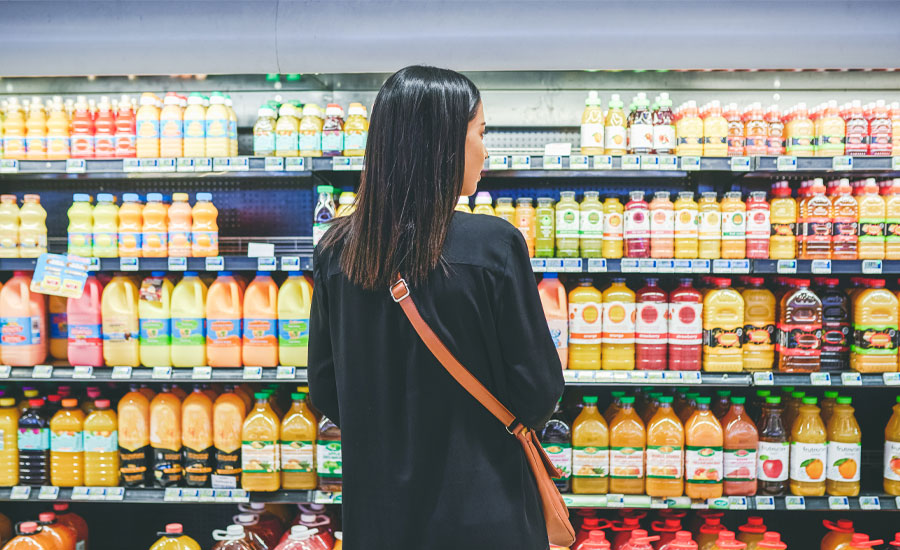
Significant Events (36-67)
- In a statement, Jim Koch, Chairman and Founder of the The Boston Beer Co., said: “As the COVID-19 pandemic slowly winds down, our primary focus continues to be on operating our breweries and our business safely and working hard to meet customer demand. I am very proud of the passion, creativity and commitment to community that our company has demonstrated during this pandemic. We are thankful to our outstanding coworkers for their focus and diligence and our distributors, retailers and drinkers, all of whom helped the company to achieve double-digit volume growth for the eleventh consecutive quarter.”
- In February 2020, Tata Consumer Products Ltd. was formed when the consumer products business of Tata Chemicals Ltd. merged with Tata Global Beverages Ltd. The Top 10 India-based integrated company unites the food and beverage interests of the Tata Group under one umbrella. The company operates in more than 100 countries and employs 7 million employees with the motto of “For Better” — a reflection of the company’s commitment to improvement by pushing boundaries and aiming every day to improve the quality of life of the communities it serves. Tata’s beverage portfolio includes tea, coffee, water and ready-to-drink beverages.
- D.G. Yuengling & Son Inc. produced a record-breaking 2.5 million of barrels in 2020 from three breweries: the original Pottsville, Pa., location, the Mill Creek brewery across town; and a Tampa, Fla., brewery, currently undergoing revitalization to become a first-class destination to experience Yuengling brands. In September 2020, the craft brewer entered into a joint venture with multinational drink and brewing company Molson Coors Brewing Co., Chicago. The new venture, The Yuengling Company, will support the selling and marketing of Yuengling brands into Texas and other western markets, distributing the brand’s portfolio of Yuengling Traditional Lager, Lord Chesterfield Ale, Yuengling Hershey's Chocolate Porter, FLIGHT by Yuengling, the Next Generation of Light Beer, and Raging Eagle Mango Beer to 23 states with more strategic expansion planned.
- BODYARMOR, a brand of BA Sports Nutrition LLC, launched its first-ever ad campaign to coincide with its latest production innovation: BODYARMOR EDGE. The campaign features star athlete partners and investors Ja Morant, NBA point guard for the Memphis Grizzlies, and Kyler Murray, NFL quarterback for the Arizona Cardinals. Designed to deliver the latest in active hydration and sports nutrition with an edge, the new line is developed with the same coconut water-based formula and provides more than 1,000 mg of hydrating electrolytes plus 100 mg of natural caffeine.
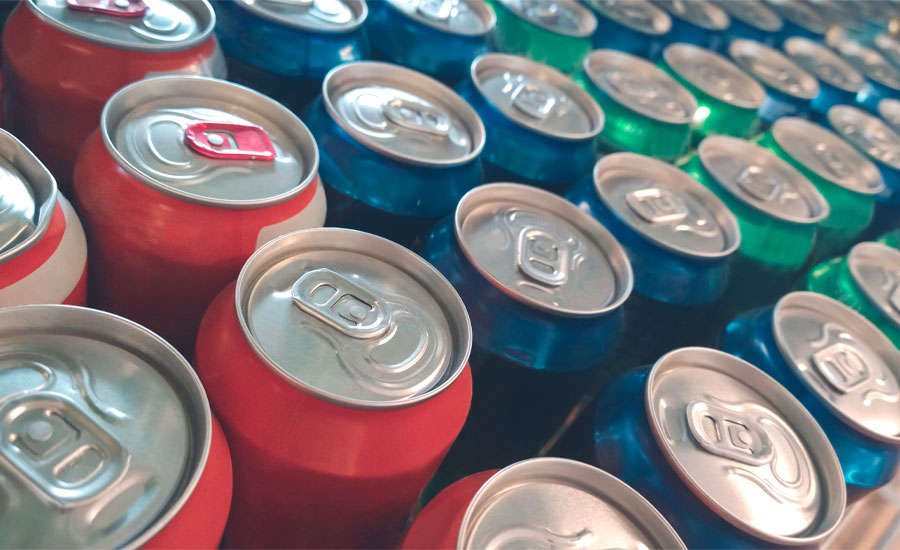
Significant Events 68-100
- In September 2020, Califia Farms named Dave Ritterbush as CEO. Ritterbush, a CPG industry veteran, has a proven record of accomplishment of successfully leading food and beverage brands and elevating them to new heights, most recently as president and CEO of Quest Nutrition, the company says. In March 2021, Califia Farms unfortunately announced the passing of its founder and executive director, Greg Steltenpohl. “It is with a heavy heart we share the news of the passing of our company’s founder, Greg Steltenpohl. He built the Califia Farms brand from the ground up with a passion for nourishing people and the planet. Greg touched so many lives on his plant-fueled journey to make the world a healthier place. He will be profoundly missed. We tip our hats to our visionary founder,” the statement said.
- In September 2020, Celsius Holdings Inc., maker of global fitness drink CELSIUS, commenced the conversion of more than 1,100 Target Store locations to its direct-store-delivery (DSD) distribution network, which now includes more than 135 regional partners and continues to grow at an accelerated pace. “Transitioning this premier, national retailer to our DSD network continues our rapid national platform expansion while significantly increasing sales volume in these accounts,” said John Fieldly, president and CEO, in a statement. “We have steadily grown in Target from an initial two SKUs and 200 store tests to national availability with five SKUs. We are thrilled to further partner with Target and to leverage the power of the DSD network which is a great catalyst to ensure product availability for our consumers. Our experience and data tells us that transitioning key accounts to our DSD network can significantly reduce out of stocks at retail, improve in-store placements and drives increased sales volume, with organic growth rates increasing an incremental 100% at certain retailers.”
- “I am very pleased to report another exciting and strong year of growth here at Lifeway, particularly in light of this difficult year defined by the COVID-19 pandemic,” said Julie Smolyansky, CEO and President of Lifeway, in a statement. “Of note, our net sales grew 8.9% to $102.0 million compared to 2019, and our net income increased from $0.5 million in 2019 to $3.2 million in 2020. The food retail environment has been majorly reshaped this year, and our decision to focus on digital engagement has paid dividends in continuing to attract more and more consumers to our multi-serve, immune supporting products. I am very encouraged by the ongoing market trends towards healthy products like Lifeway’s, and I believe this momentum will carry on far past just 2021. Our current retail partnerships are seeing gains, illustrated by our strong results, as we continue to enhance category growth, and we plan on both expanding the current and identifying new profitable relationships in the year ahead. Finally, this year we will continue to invest in customer acquisition strategies because we want more and more people to hear the Lifeway story. We are looking forward to an outstanding 2021.”
Looking for a reprint of this article?
From high-res PDFs to custom plaques, order your copy today!






